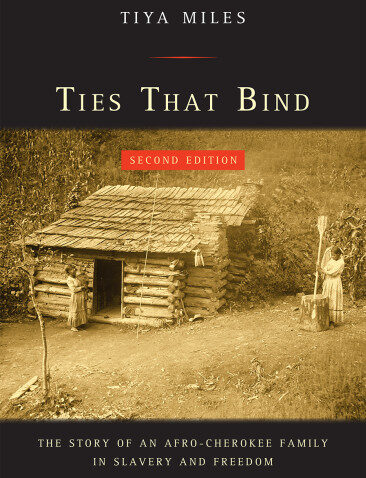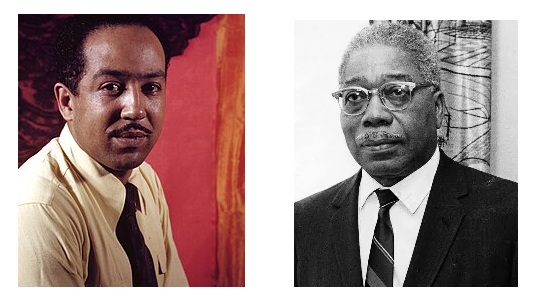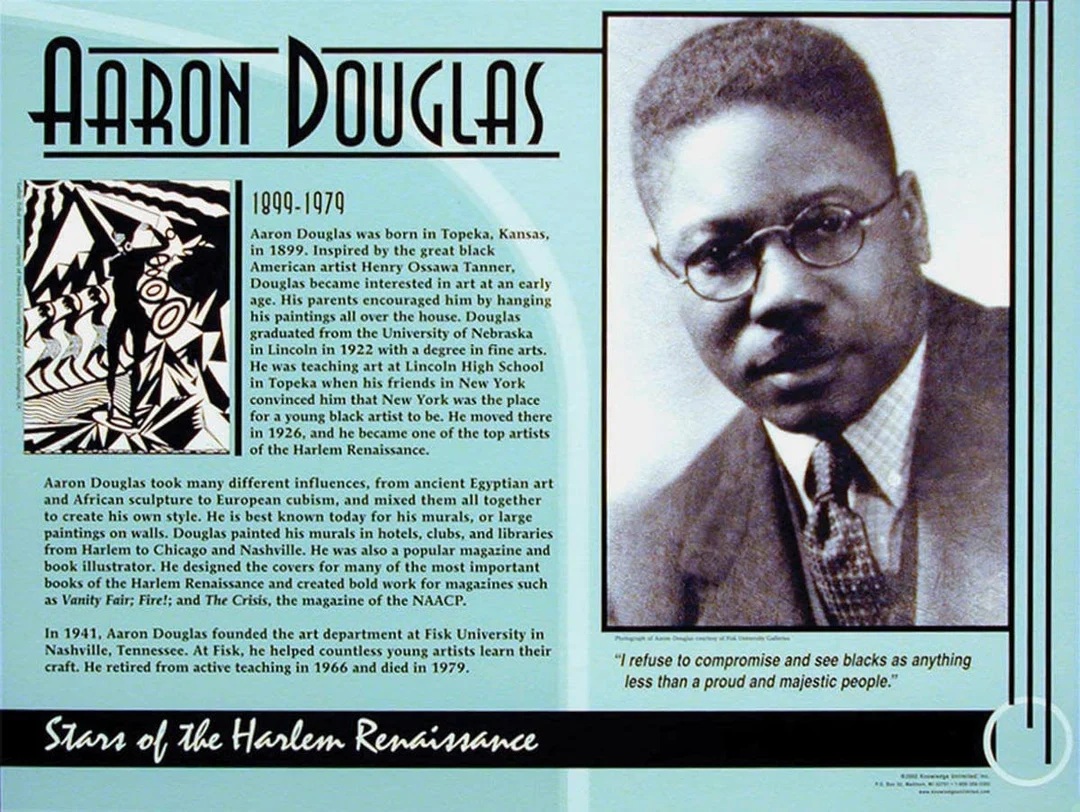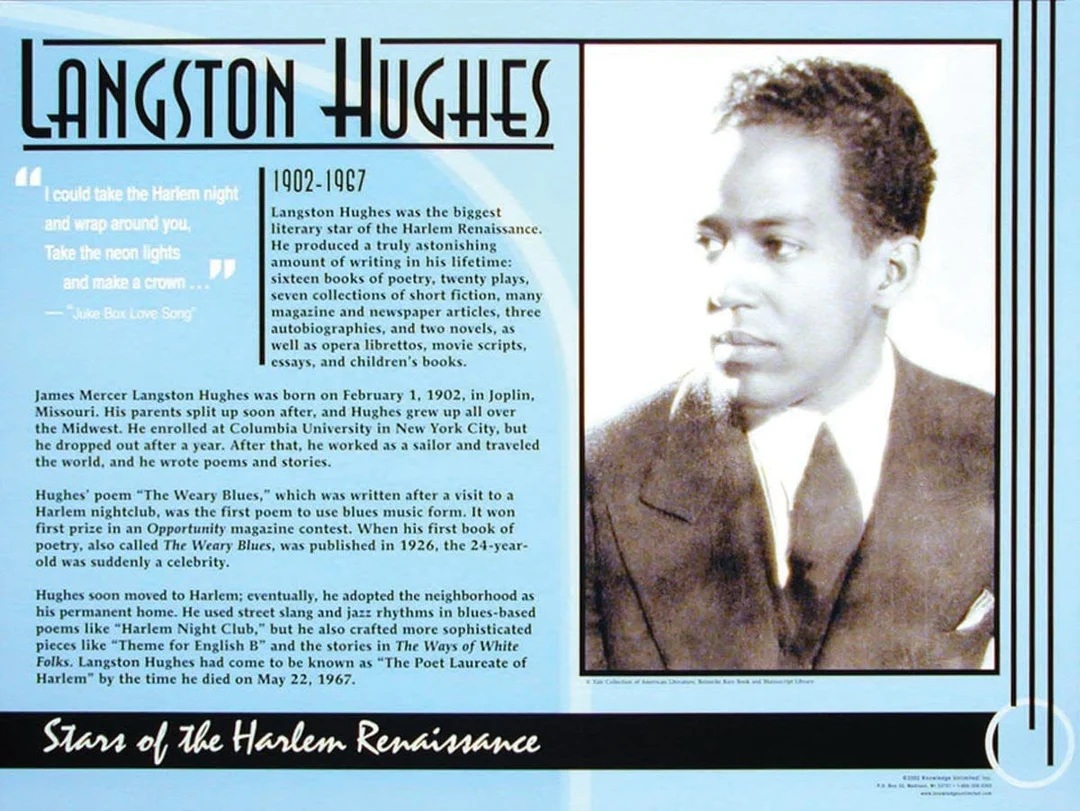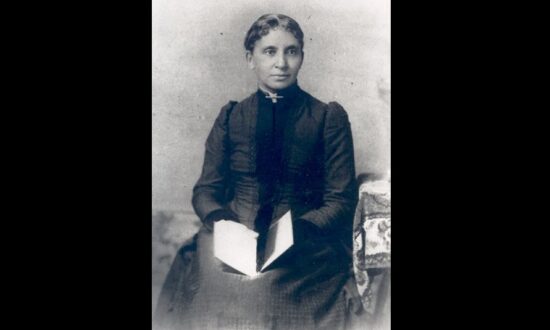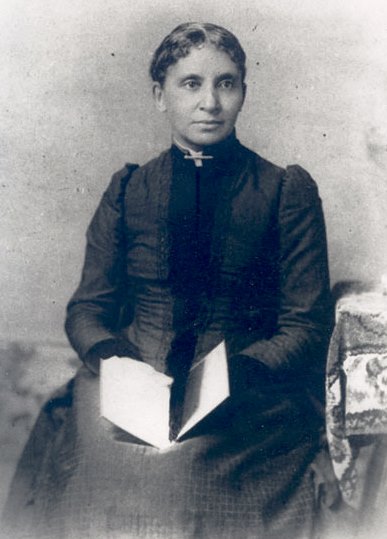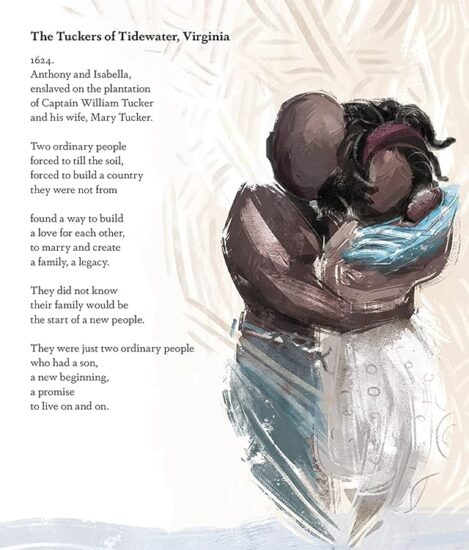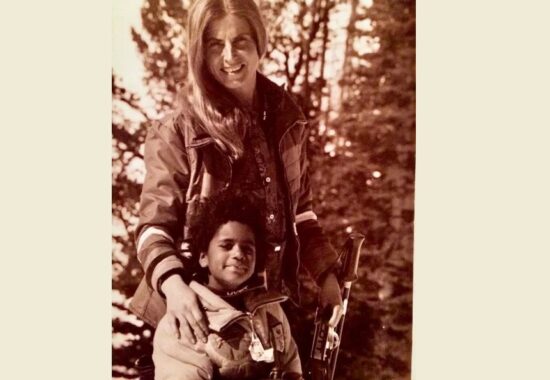Dr. Tiya Miles: Weaving Truth and History
As we gather around our holiday tables this November -National Adoption Awareness Month -we’re reminded of how stories shape our understanding of family, history, and home. This month’s Black Excellence spotlight honors Dr. Tiya Miles, a historian and storyteller whose work helps us see the fullness of those connections.
Dr. Miles is the author of Ties That Bind: The Story of an Afro-Cherokee Family in Slavery and Freedom, a groundbreaking book that explores the intertwined lives of African and Cherokee people in early America. Through this and subsequent works -including The House on Diamond Hill: A Cherokee Plantation Story, The Dawn of Detroit: A Chronicle of Slavery and Freedom in the City of the Straits, and her National Book Award -winning All That She Carried: The Journey of Ashley’s Sack, a Black Family Keepsake -Miles invites us to look beyond simplified narratives and into the layered, lived realities of identity, land, and lineage.
Her writing sits at the crossroads of African American, Native American, and women’s histories - places where truth is often complex and sometimes painful, but always necessary. Like the work of families navigating transracial adoption, Miles’s research calls us to open our eyes to what’s been missing and to honor the beauty that emerges when we do.
In a month that asks us to reflect on both thankfulness and truth, Dr. Tiya Miles reminds us that telling the whole story -of our families, our nation, and ourselves -is an act of love. Her scholarship is a model of what it means to hold history tenderly and to make space at the table for every part of who we are.
Learn more about Dr. Miles’s work at www.tiyamiles.com.
Black Excellence Posts:
Each month, we take time to highlight the remarkable contributions of Black leaders, trailblazers, and changemakers whose impact continues to shape our world. These stories serve as a valuable opportunity for transracial families to learn, reflect, and engage in meaningful conversations about Black history and culture. We invite you to explore our past Black Excellence features in the carousel below, where you’ll find inspiring figures from various fields—activism, science, arts, sports, and beyond. If you haven’t already, be sure to subscribe to our monthly newsletter to receive these stories, along with discussion prompts and book recommendations, right in your inbox.


